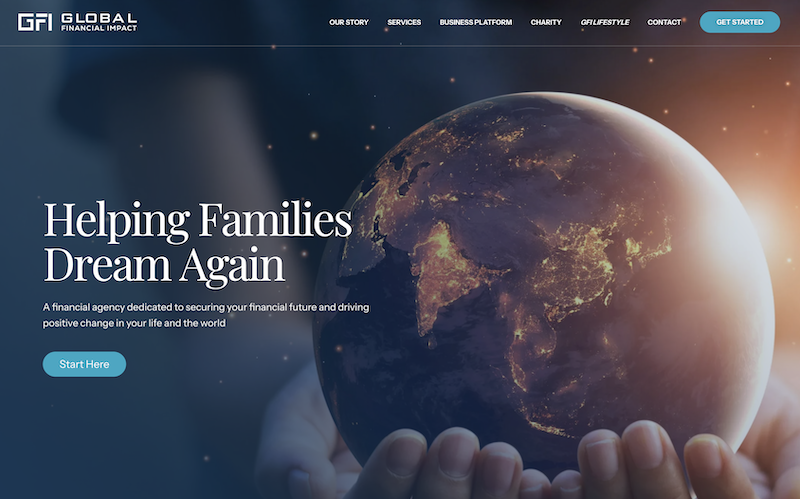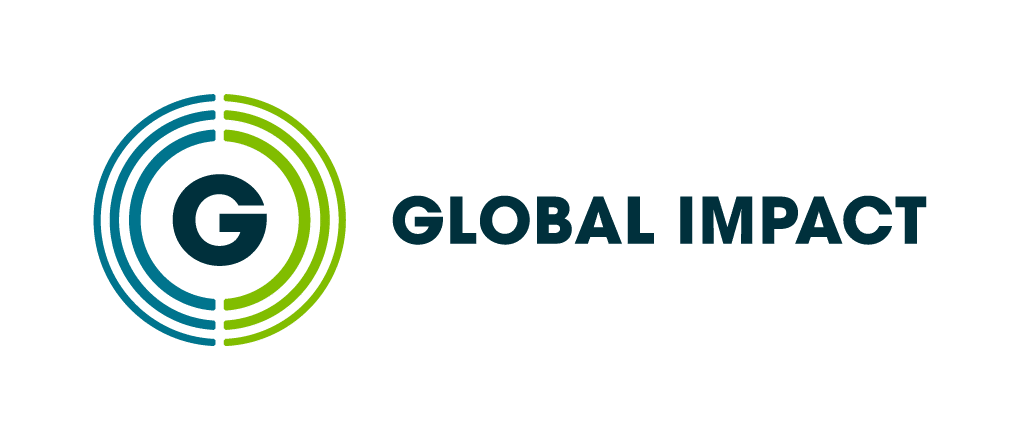Global Financial Impact Company Lawsuit Update

The shadow of a multi-billion dollar lawsuit continues to loom over Global Financial Impact (GFI), sending ripples of unease through international markets. Allegations of widespread financial misconduct, including securities fraud and misleading investors, have triggered a legal battle that could reshape the landscape of global finance. The case, "Thompson v. Global Financial Impact," is poised to enter a critical phase, with potential implications for investors, regulators, and the global economy.
At the heart of this complex legal saga lies a web of accusations that GFI systematically misrepresented the risk associated with its investment products. This misrepresentation allegedly led to significant financial losses for thousands of investors. The lawsuit, spearheaded by lead plaintiff Sarah Thompson, a retired teacher who claims to have lost her life savings, seeks substantial damages and significant reforms to GFI's business practices. The outcome of this lawsuit could set a precedent for future cases involving financial institutions and their responsibilities to investors.
Background of the Lawsuit
The initial complaint against GFI was filed in the Southern District of New York in early 2023. The complaint cited internal documents and whistleblower testimonies alleging a deliberate strategy to market high-risk investments as low-risk options, particularly to vulnerable individuals such as retirees. GFI has vehemently denied these allegations, claiming that its investment products were clearly labeled with appropriate risk disclosures.
However, the plaintiffs argue that these disclosures were buried within complex financial documents and were insufficient to convey the true level of risk. They further contend that GFI employees were incentivized to prioritize sales over investor welfare, leading to widespread misconduct. The Securities and Exchange Commission (SEC) is also conducting its own investigation into GFI's practices, adding another layer of scrutiny to the situation.
Key Legal Developments
The past year has been marked by intense legal maneuvering. GFI's initial motion to dismiss the case was rejected by the judge, who found sufficient evidence to proceed with the trial. Discovery has been extensive, involving the review of millions of documents and depositions from numerous witnesses, including former GFI executives and employees.
A key point of contention revolves around the interpretation of financial regulations and the extent of GFI's fiduciary duty to its clients. Plaintiffs argue that GFI breached this duty by prioritizing its own profits over the financial well-being of its investors. GFI counters that it acted within the bounds of applicable laws and regulations, and that any losses suffered by investors were due to broader market fluctuations.
Expert Opinions and Analysis
Legal experts are divided on the likely outcome of the lawsuit. Some believe that the plaintiffs have a strong case, given the evidence of alleged misrepresentation and the potential for the SEC's investigation to uncover further wrongdoing. Others argue that GFI has the resources and legal expertise to mount a robust defense and that proving intent to defraud investors will be a significant challenge for the plaintiffs.
According to Professor Emily Carter, a securities law expert at Columbia University, "This case hinges on whether the plaintiffs can demonstrate a clear and intentional pattern of misrepresentation on the part of GFI. If they can, the company faces potentially crippling penalties and reputational damage." She added, "The SEC's findings will be crucial in shaping the narrative and influencing the judge's decision."
Potential Financial Impact
The potential financial consequences for GFI are substantial. If found liable, the company could face billions of dollars in damages, as well as regulatory fines and penalties. The lawsuit has already impacted GFI's stock price, which has fallen significantly since the allegations first surfaced. Furthermore, the company's reputation has been tarnished, leading to a decline in investor confidence.
Beyond GFI, the lawsuit could have broader implications for the financial industry. A ruling in favor of the plaintiffs could embolden other investors to pursue similar claims against financial institutions, potentially leading to increased regulatory scrutiny and stricter enforcement of existing laws. This could lead to a more cautious approach to investment sales and a greater emphasis on investor protection.
Investor and Regulatory Perspectives
Investors who lost money in GFI's investment products are closely watching the proceedings. Many feel betrayed by a company they trusted to manage their savings responsibly. "We put our faith in GFI, and they let us down," said Robert Jones, another plaintiff in the lawsuit. "We're hoping that this lawsuit will hold them accountable and prevent them from doing this to others."
Regulators are also keenly observing the case. The SEC's investigation could lead to separate enforcement actions against GFI and its executives, further compounding the company's legal woes. A successful prosecution could send a strong message to the financial industry that misconduct will not be tolerated and that companies will be held accountable for their actions.
GFI's Response
GFI maintains its innocence and has pledged to vigorously defend itself against the allegations. In a statement released earlier this year, the company stated that it "has always acted in the best interests of its clients and that it is confident that the truth will ultimately prevail." GFI has also hired a team of high-profile lawyers to represent it in the lawsuit.
However, internal documents that have been leaked to the media, allegedly showing conversations amongst high-ranking executives discussing how to downplay the risks of certain investment opportunities, paint a different picture, creating public relations nightmares for GFI.
Looking Ahead
The trial date for "Thompson v. Global Financial Impact" is currently set for early next year. In the meantime, both sides are preparing for what promises to be a long and complex legal battle. The outcome of the lawsuit will have far-reaching consequences for GFI, its investors, and the global financial system.
Regardless of the verdict, the case serves as a stark reminder of the importance of transparency, accountability, and ethical conduct in the financial industry. It also underscores the need for investors to exercise caution and conduct thorough due diligence before investing in any financial product. The world awaits the next chapter in this unfolding drama.




.jpg)

+(3)-1920w.png)










